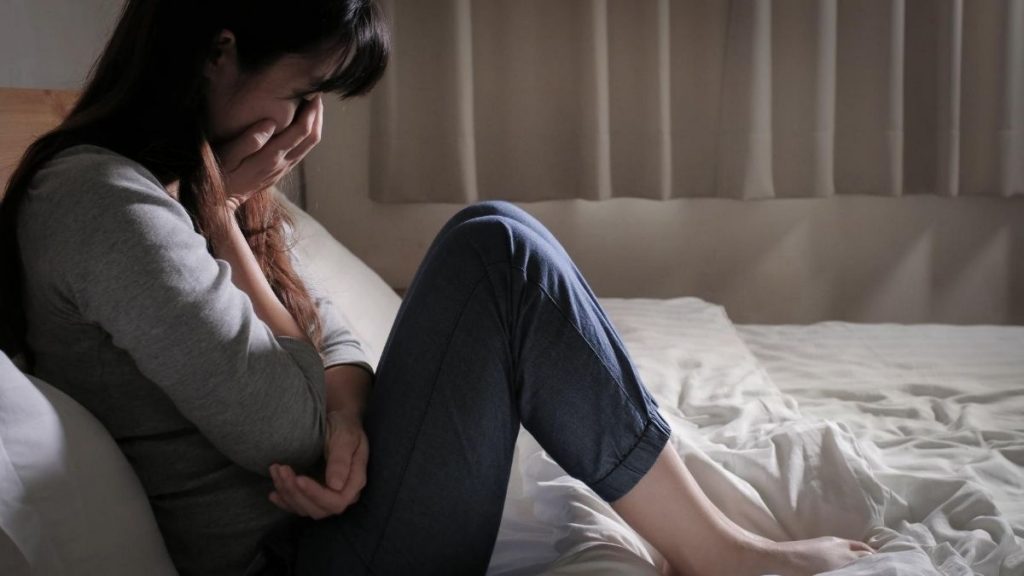
A recent study has revealed that more than half of the COVID-19 survivor suffers from anxiety and depression after they have been discharged from the hospital. It’s a kind of PTSD or post-traumatic stress disorder manifested by a panic attack.
The study was conducted at IRCCS San Raffaele Hospital in Milan, Italy and study finds out that these psychiatric implications could be induced due to infection-triggered perturbation of the immune system.
Let’s try to find out which group of COVID-19 survivors are more susceptible to these mental health issues.
COVID-19 & Depression
“After three weeks of treatments, I was healing from COVID, at home, had no fever, and just a little cough.” noted a COVID-19 survivor in a statement published on ScienceDirect.
“But sometimes at night, my breath could go away all of a sudden, making me feel as if I was to die. I knew what it was because I had suffered from panic attacks in the past. I stayed there out on the balcony, for hours, trying to put fresh air into my lungs. It was terrible. Panic made me suffer more than COVID.”
From above statement we can predict the psychological effect one must me going through after surviving novel coronavirus.
The psychiatric implication can range from
- Post-traumatic stress disorder (PTSD),
- Depression,
- Anxiety,
- Insomnia,
- Obsessive-compulsive (OC) symptomatology
But, there are particular personality and settings that makes more susceptible to such mental health issues. Researchers were curious to explore these factors.
Research methodology & participants
Researchers recruited 265 males, 137 females with age ranging from 18 to 87 years who have survived COVID-19. They screened for psychiatric symptoms on all 402 patients from April 6 to June 9 2020.
Psychiatric assessment was performed 32 days after discharge, or 29 days after an emergency discharge. A clinical interview was conducted by psychiatrists.
Sociodemographic and clinical data were collected using a data form, including
- Age,
- Sex,
- Psychiatric history,
- Duration of hospitalization,
- Baseline inflammatory markers, and
- Follow-up oxygen saturation level.
Result
Total of all participants, 55% reported mental health issue. Out of all the mental ailment reported:
- Anxiety 42%.
- Insomnia 40%.
- Depression 31%.
- PTSD 28%.
- Obsessive-compulsive symptoms 20%.
Final word
Psychological counselling is very important for such mental ailment. But, in the present pandemic situation giving one to one counselling session is challenging. Interestingly there is previous research which gives hope, it claims that “Depression Eases by Consuming Dark Chocolate“. It may not the whole answer to a question, but there’s always a way out.
Keep Reading: Post-menopausal women at higher risk of COVID-19, Study finds
Resources:
Mario Gennaro Mazza, Rebecca De Lorenzo, Caterina Conte, Sara Poletti, Benedetta Vai, Irene Bollettini, Elisa Maria Teresa Melloni, Roberto Furlan, Fabio Ciceri, Patrizia Rovere-Querini, Francesco Benedetti,
Anxiety and depression in COVID-19 survivors: Role of inflammatory and clinical predictors,
Brain, Behavior, and Immunity,2020,ISSN 0889-1591,
https://doi.org/10.1016/j.bbi.2020.07.037.
(http://www.sciencedirect.com/science/article/pii/S0889159120316068)
The author is a physiotherapist who has been practising for the last 17 years. He holds a Bachelor's in Physiotherapy (BPT) from SVNIRTAR (Swami Vivekananda National Institute of Rehabilitation and Research), one of the prestigious physiotherapy schools in India.
Whatever he learns dealing with his patient, he shares it with the world through blogs and e-books. He also owns a YouTube channel, "Sunit Physiotherapist" with over 8 lakh active subscribers. Here, he shares everything he gets to learn serving the patient.
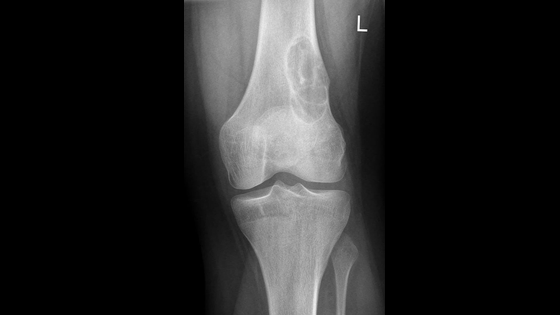
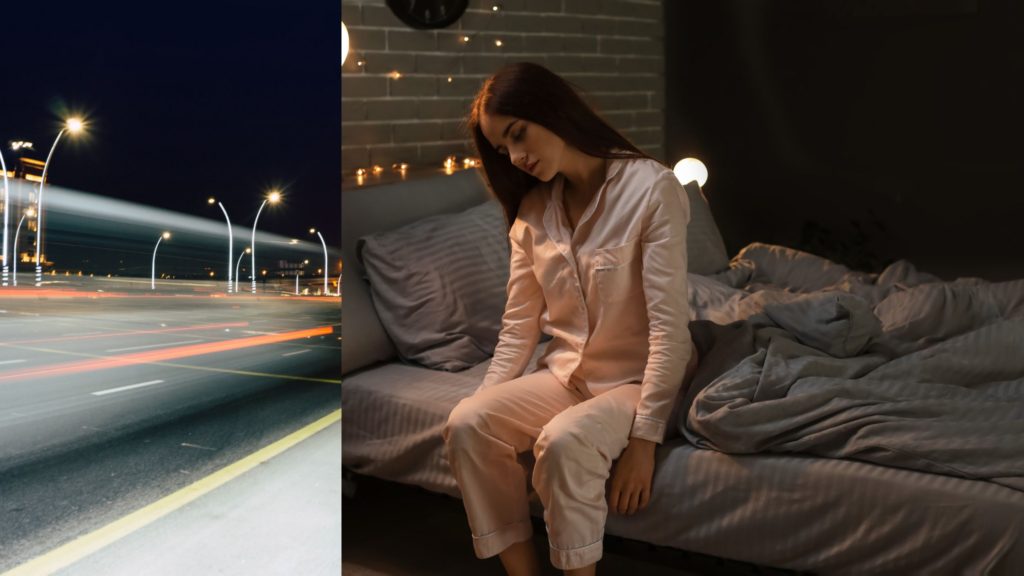

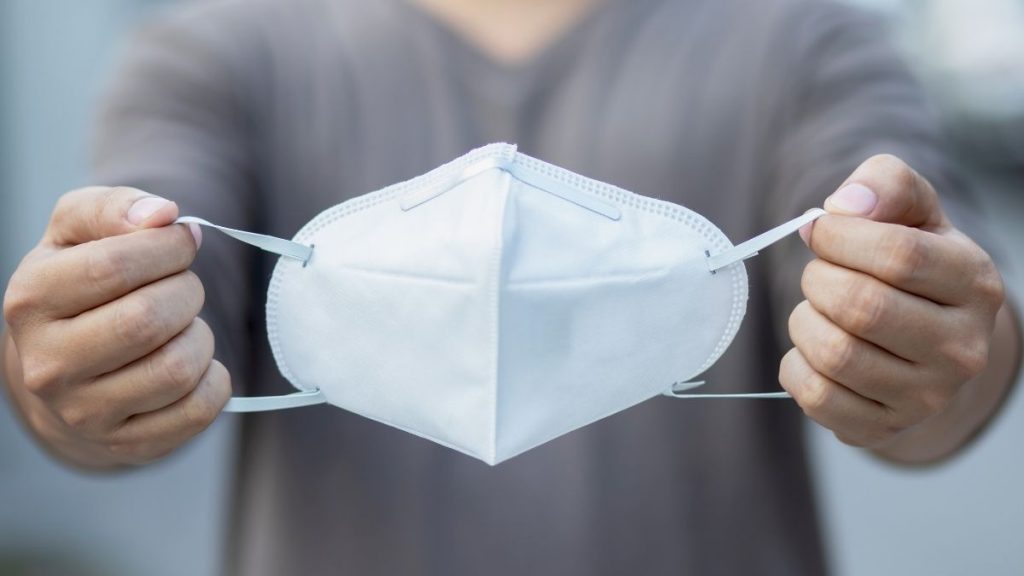
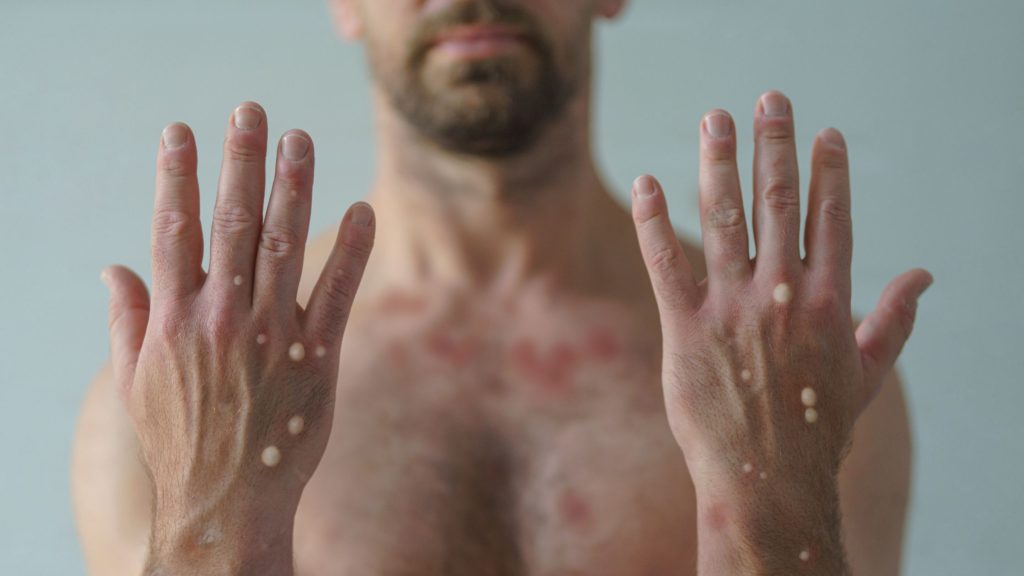

I fear that it will take many years for the full impact of Covid on our mental health to be revealed 🙁